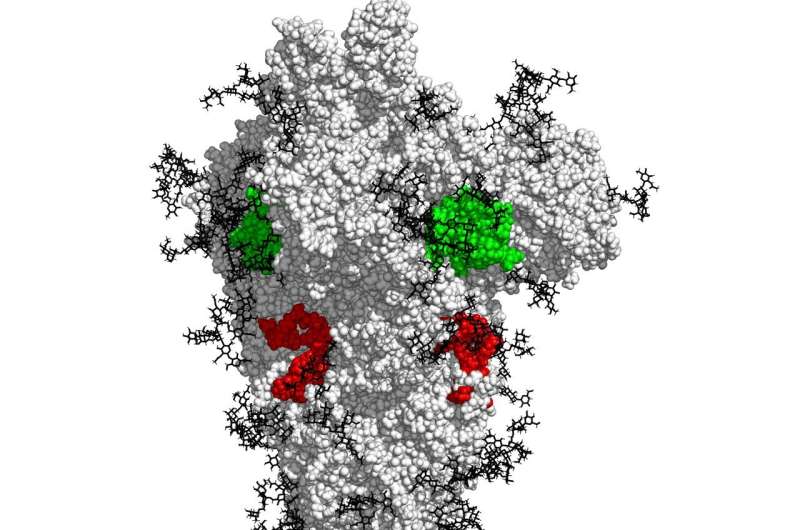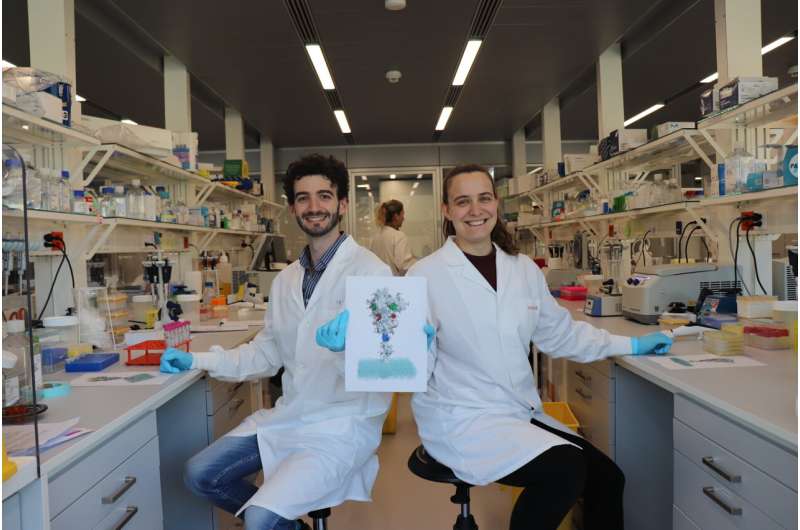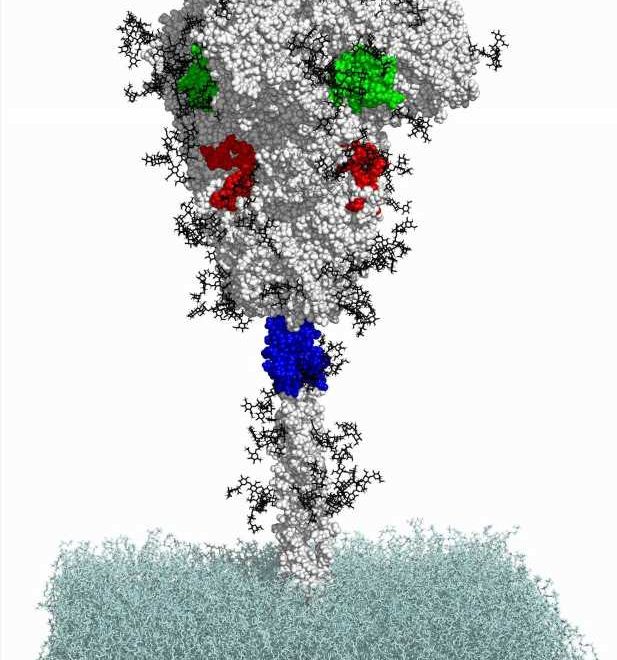
The coronavirus keeps evolving, and in so doing it evades our immune defenses. But does the entire coronavirus evolve, or do some portions remain unchanged?
Sieving through over 10 million coronavirus sequences, two Ph.D. students at the Institute for Research in Biomedicine (IRB, Switzerland, affiliated with the Università della Svizzera italiana) have discovered that some portions of the virus spike (the molecule on the virus that is key to infect human cells) were remarkably conserved.
The study, published today in Science Immunology, was led by scientists at IRB (Bellinzona, Switzerland).
“We call these ‘coldspots,'” says Virginia Crivelli, adding, “Most of the virus is rapidly changing, but we discovered 15 regions that do not.”
By analyzing samples from COVID-19 convalescent individuals, the researchers found that some had antibodies specific for the coldspots.

“These antibodies are very rare,” says Filippo Bianchini, “but thanks to a new method, we were able to find them.”
The antibodies blocked virus infection in laboratory experiments, even to the latest variants of concern, and protected from disease in preclinical models. Will the new antibodies be effective against the next coronavirus(es)?
“It is likely that new coronaviruses that infect humans will emerge,” says Davide Robbiani, IRB director and senior author on the study, adding, “Our findings indicate that it may be already possible to develop countermeasures that are broadly effective against present and also future coronaviruses.”
More information:
Human neutralizing antibodies to cold linear epitopes and subdomain 1 of the SARS-CoV-2 spike glycoprotein, Science Immunology (2023). DOI: 10.1126/sciimmunol.ade0958
Journal information:
Science Immunology
Source: Read Full Article
